People are more likely to support partisan violence when they think the other party does too | Weekly roundup for September 14, 2025
Also this week: Trump ties Biden low on inflation/the economy; Mamdani up big in New York City; independent redistricting is an 80-20 issue. + more!
Dear readers,
I’m going to do something a bit different this week and lead off by highlighting a point from my long Friday column that I think is worth repeating. That point is this: Studies finds that Americans are more likely to express anti-democratic views, including support for partisan political violence, when they believe the other party also holds those views.
Now it would be one problem if the share of people with these anti-democratic, violent views was high. But research also finds most Americans dramatically overestimate the share of the opposing party that holds pro-violence beliefs. This causes a second-order national increase in those beliefs that is entirely preventable with the proper information.
I go over the data on that point. Then, there’s also the usual good stuff from other polling and political data released last week.
As always, if you have thoughts or other data to send around/a story of yours for me to feature, my email is contact@gelliottmorris.com.
One way to decrease support for political violence
Many politicians and influencers on the ideological right have blamed Democrats and “The Left” for the murder of activist Charlie Kirk on Wednesday, Sept. 10. This even includes President Trump, who blamed radical left terrorists for Kirk’s death despite having no evidence that the shooter was left-leaning.
This is not just dishonest, as I wrote in my piece on Friday, but dangerous. The blame game being played by Trump and the likes of Elon Musk and Stephen Miller is borderline life-threatening. It is dangerous in part because voters largely follow the leader when it comes to public opinion — so when leaders express support for partisan violence, followers are likely to adopt that belief. Some will even act on it.
But the other thing that will inevitably happen if these surrogates keep saying Democrats are the “Party of Murder” and need to be destroyed is that Republicans will inevitably think of the Democrats as more violent than they are in reality. The share of Republicans who think most Democrats support partisan violence will increase sharply.
According to this paper I link to in my Friday column, that will, in turn, increase the rate at which Republicans themselves support violence against Democrats. The paper shows that Democrats and Republicans overestimate the share of the other party that approves of partisan violence by 2.4-4.9x, or 239-489%!!
This paper shows how political violence is a psychological arms race, with neither side wanting to be caught flat-footed against the opposition. Nobody wants to bring a pen to a gunfight. This is a natural instinct when you come to view your political opponents as an opposing tribe threatening to wipe you out. People are saying, “Hey, well, if they want to hurt me, I might as well hurt them back.”
Social media, I think, has a big role to play here. A while back, I read a book by Yale social scientist Christopher Bail that showed how social media distorts our collective view of the opposition party’s politics. It does so by highlighting the most ideologically extreme content from both ends of the ideological spectrum, making us think that all Democrats/Republicans must hold the extreme views of the people we see posts from online. Here’s a graphic of this from the FT’s John Burn-Murdoch:
Combined with the study on violence above, you can conclude that social media is indirectly increasing support for partisan political violence by highlighting the most radical, partisan, and sometimes-violent voices from the side opposite us.
I fear that the way the algorithms powering platforms like Facebook and especially Twitter/X make us feel further apart ideologically than we actually are, elevating support for things like partisan violence and also authoritarianism in general, compared to levels we’d see in a society without these platforms.
But luckily, there is a way to decrease mass partisan violence: spreading the truth about how few Americans actually hold violent beliefs.
In the experimental study on violence linked above, scholars tested support for partisan violence before and after one group of respondents received information about how many people in the opposition party also supported it. As established, most people dramatically overestimate that percentage.
But what happens if you then correct survey respondents on their misperception? Compared to a control group that got no corrective message, support for partisan violence was between 40% and 80% lower among the treated group (that got the corrective statement).
In other words, we could decrease aggregate support for partisan violence by roughly half if we gave everyone the correct data on this question. And that’s the low end of the estimated effect size.
To me, this evidence highlights the need to say clearly and repeatedly that very few Americans (<5%) support their co-partisans committing violent felonies against members of the opposition party. It would probably help if everyone got off social media, too (that won’t happen, but a guy can dream).
If we can be vigilant against claims that large masses of the public — sometimes as high as 30 or 40% — support attacking the opposition, we can potentially meaningfully reduce the probability of general political violence in the future. That’s an easy, high-leverage project that all of us can contribute to.
What you missed at Strength In Numbers
Subscribers to Strength In Numbers received four articles over the last seven days:
My Friday post on political violence: how prevalent it is, what causes it, and how Trump’s response to Charlie Kirk’s murder will likely make things worse, not better:
On Wednesday, I did a live podcast with my friend Perry Bacon Jr, and Amanda Litman, founder of the progressive political mobilization org Run For Something:
On Tuesday, I wrote about new messaging from Democrats on affordability and Trump’s tariffs that could really help the party with working-class voters:
And if you haven’t already, please give my update on the business side of things here at Strength In Numbers a read:
Even more numbers!
A collection of links from the last week:
CBS News poll: Americans reject Trump’s threats to deploy the National Guard to police cities run by Democrats.
NBC News: By an 82-18% margin (a true 80-20 issue!) Americans would rather have the boundaries of the U.S. House seats drawn by a non-partisan independent commission than let politicians handle it.
Zohran Mamdani is way ahead in the New York City mayoral race.
73% of Americans say they “trust vaccines in general”
YouGov: The vast majority of Americans — including Republicans — think Trump should not (try to) run for a third term as president.
A Data for Progress poll again underlines how unpopular Trump is on economics
Gen Z young men are moving away from Trump in big numbers
Fox News poll: Trump’s ratings on the economy are just as bad as Biden’s were:
Updates from the data portal
Trump approval: Trump’s rating is hovering around 42% approve and 54% disapprove, roughly where it has been since late July/Early August.
Trump issue approval: The president is managing to lose further ground on inflation and the economy, though. His rating on immigration and deportations has modestly recovered since a bottom in mid-summer, but i still underwater.
House generic ballot average: Republicans are still trailing on the generic ballot — by about 3 points, per our average.
The charts on the data portal update every day. Feel free to use and cite them liberally!
That’s it for your major political data stories this week.
Got more for next week? Email your links or add to the comments below!
Have a nice week,
Elliott



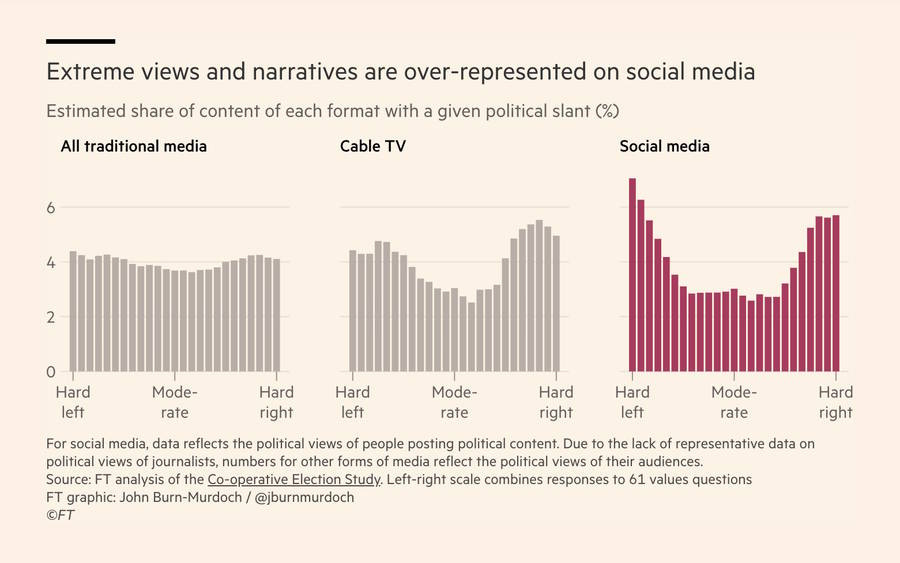
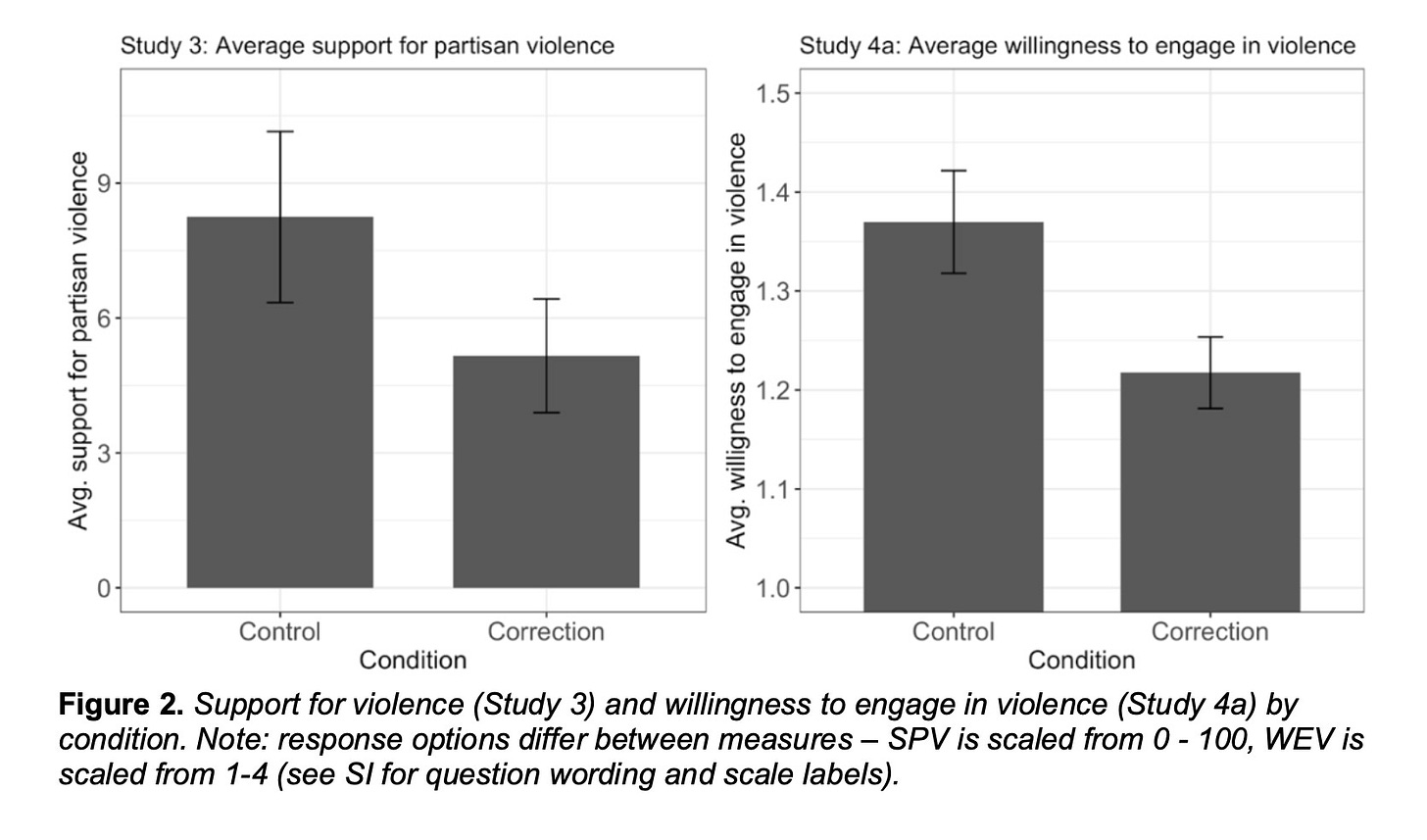


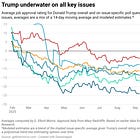
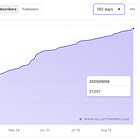
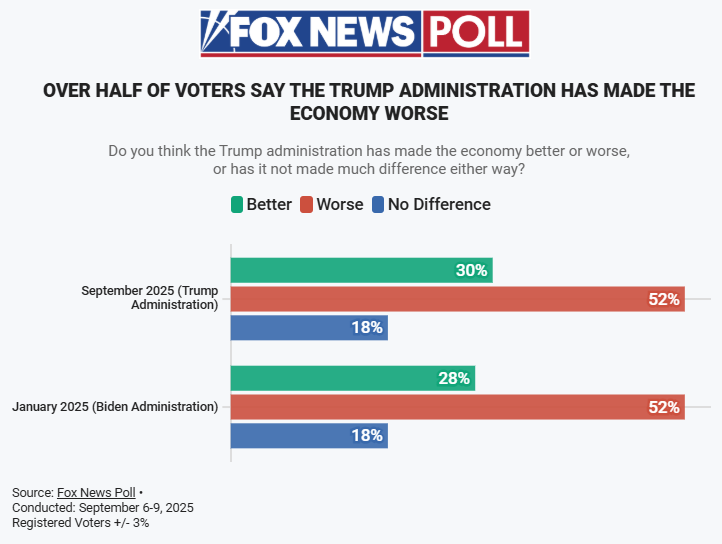
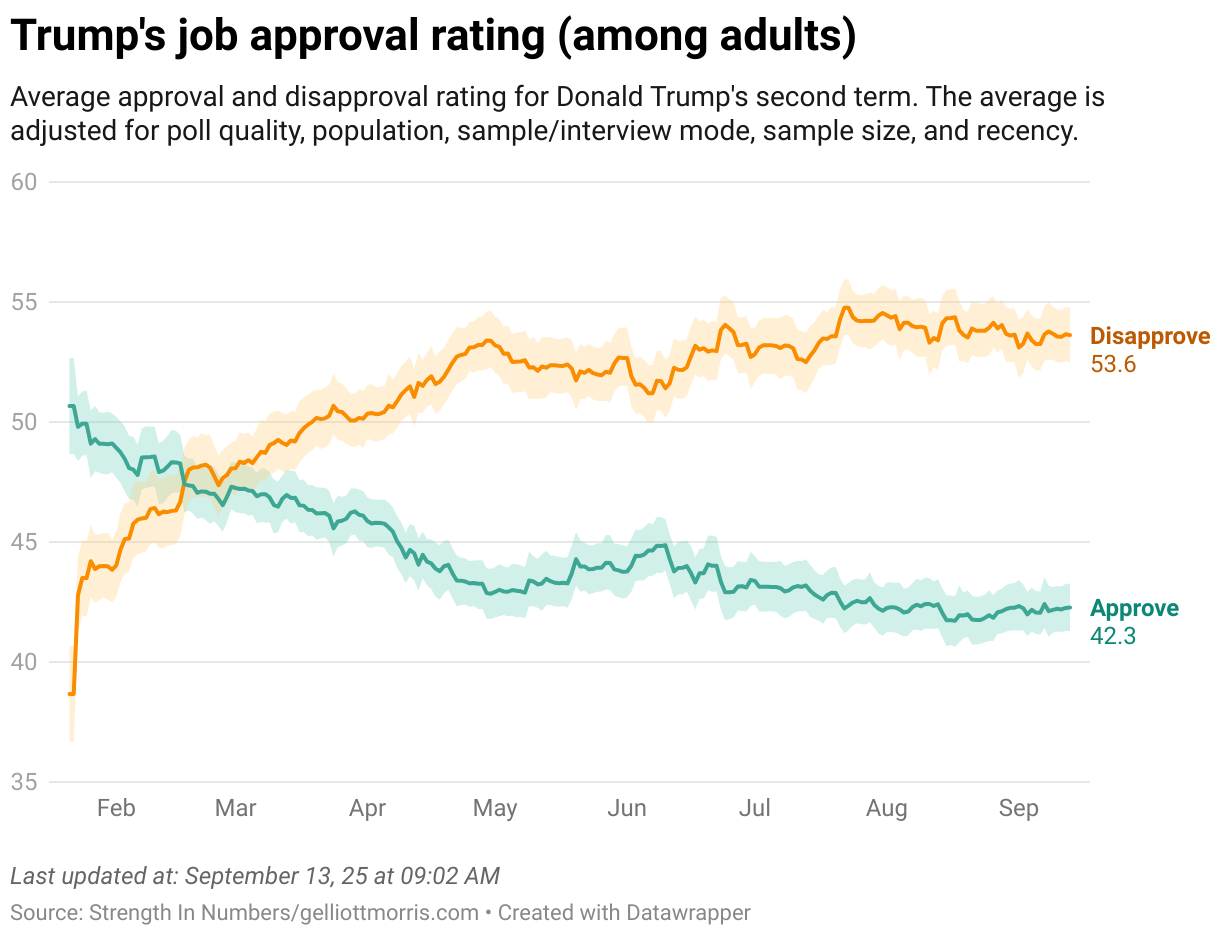
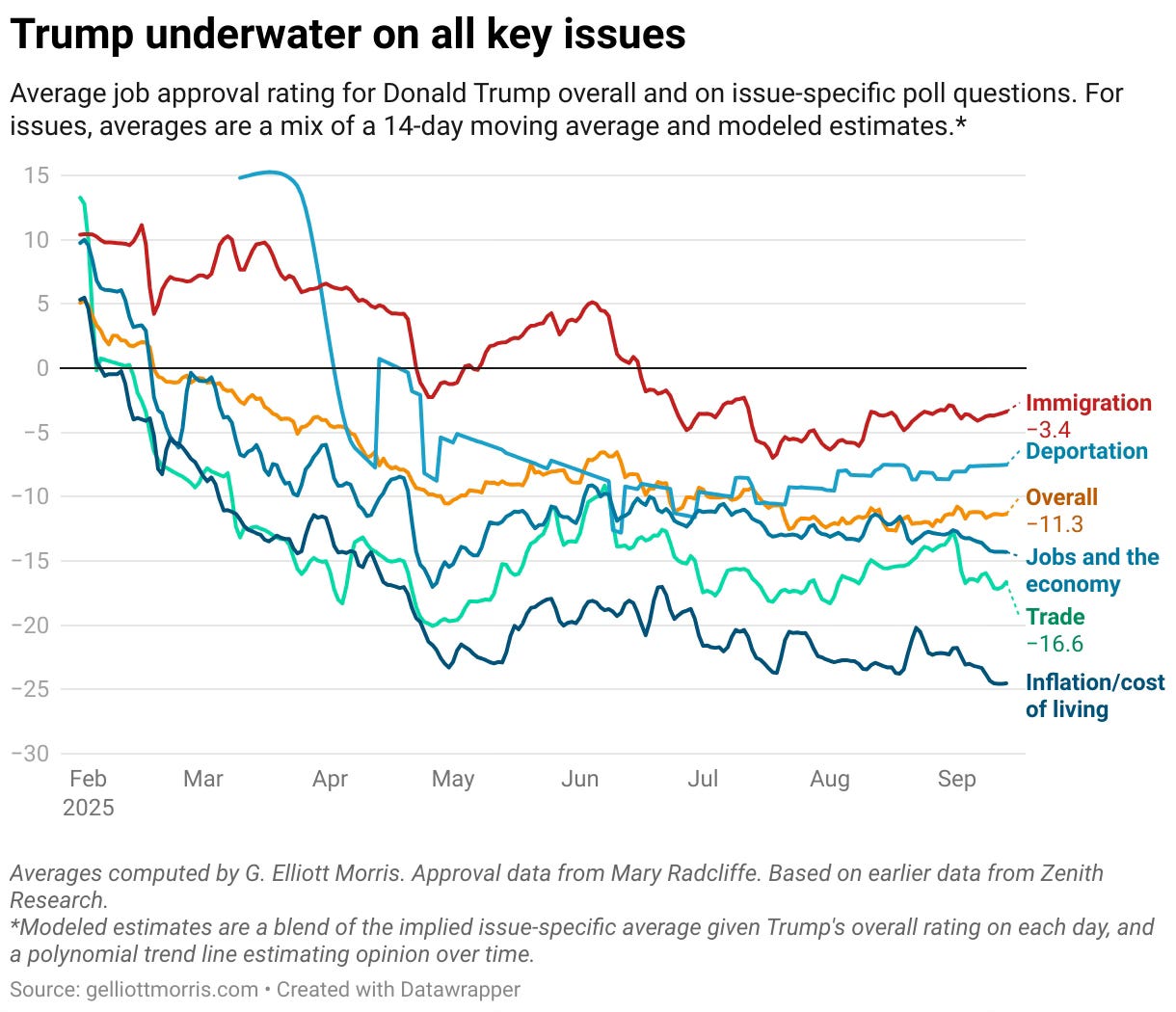
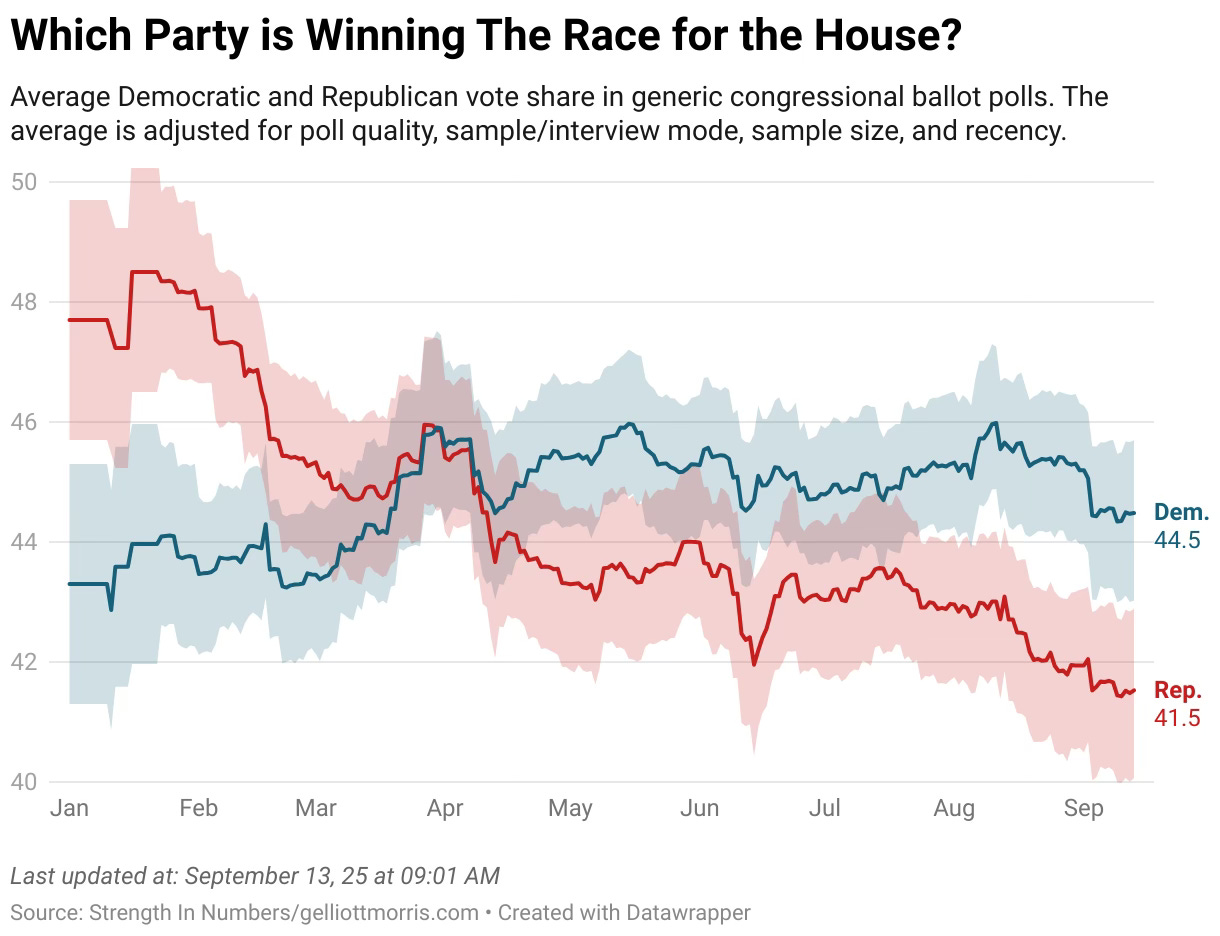
I really like this piece and obviously I don’t disagree with the findings which are objectively true. I don’t think that most Americans support violence, but I also feel like we’re not addressing an issue. These random acts of politically motivated violence have historically been more likely to be committed by racially motivated, violent extremists of the white supremacist variety. The FBI, DHS, and DOJ have known for decades that white supremacists are our biggest domestic terrorist threat. So are we gonna keep ignoring the root cause of the majority of these politically motivated violent acts so that we can claim bipartisanship? It’s not working.
We would be well served if the proverb "measure twice, cut once" was updated to "research twice, post once". Thanks again for drawing from a rich set of information in framing views of political violence. Now if we could just get a larger group doing more thinking and less posting ....